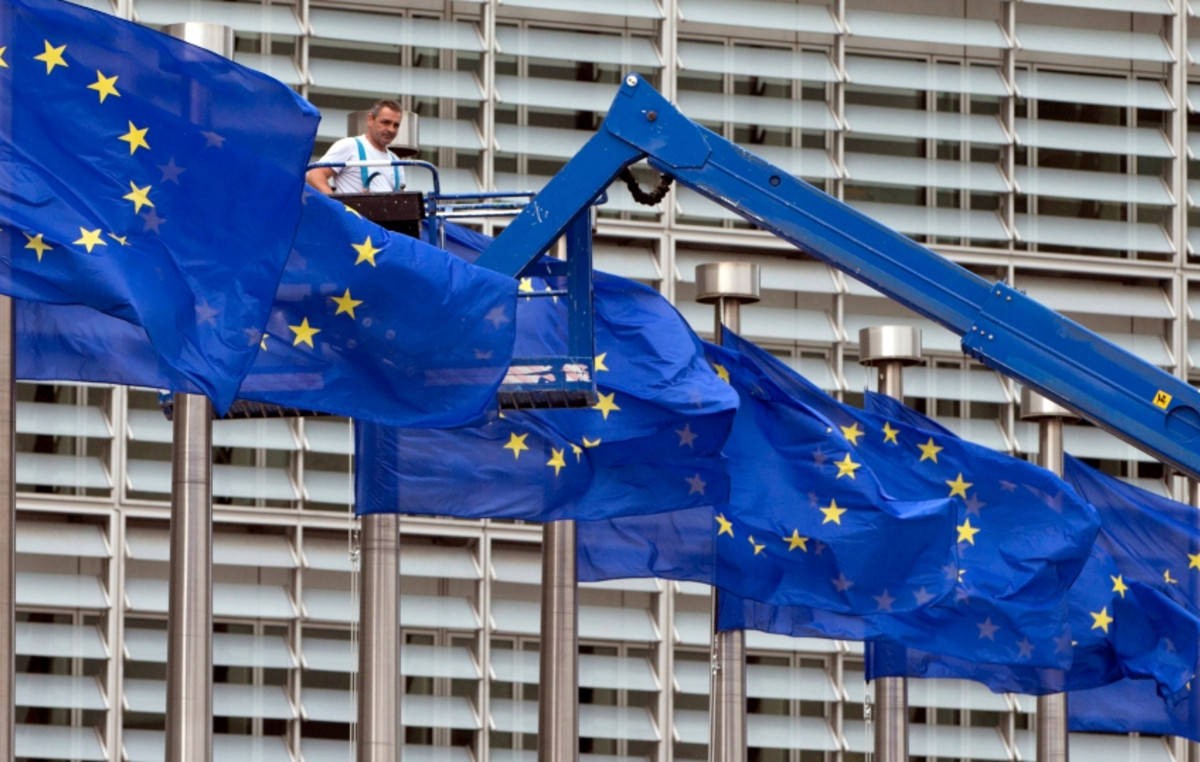By Hank Tucker
Oil prices have skyrocketed in the last month – as the driver who goes to fill his tank and every investor (in the West) in the oil / gas sector who reaps the profits can see. Whether energy stocks continue to outperform will largely depend on the duration of sanctions against Moscow. However, energy fund managers, strategic investors and Warren Buffett are still optimistic.
The energy sector of the S&P 500 was the leader for 2021, recording a rally of 53%, after “extinguishing” the slide of 2020, while since the beginning of the year it has strengthened by 32%, defying the fall of the broader index by 7.4%. The price of Occidental Petroleum has doubled in 2022 and the titles of the American energy “giants” – Exxon Mobil, Chevron and ConocoPhillips – have added more than 30%.

Buffett “sees” a further rise in prices and that is why Berkshire Hathaway has bought 136.4 million shares of Occidental worth $ 7.9 billion since February 28, acquiring 14.6% of the company. Berkshire’s stock hit a record high in March, placing Buffett at No. 5 on the list of the richest people in the world, with a fortune valued at $ 125 billion.
The industry follows a diametrically opposite course in relation to the rest of the market. The war in Ukraine dominates the macroeconomic field and sanctions against Russia may benefit the oil-producing countries, but they are detrimental to the rest of the economy. On March 8, the price of crude reached a 14-year high of $ 123.70 a barrel, after the US and the United Kingdom imposed an embargo on oil imports from Russia. Since then, prices have slipped to $ 100 a barrel, partly due to local lockdowns imposed in China to extinguish new outbreaks of coronavirus and secondly due to peace talks between Russia and Ukraine.
“A lot depends on whether or not the hostilities in Ukraine end, so when you buy an oil company at the moment, you are essentially betting on whether or not the Ukrainian crisis will escalate,” said Matt Niblack, co-director of IT Hedge, worth $ 700 million.
Even if Kyiv and Moscow soon reach an agreement on a cessation of hostilities, Niblack and other experts believe that the upward trend in oil and gas shares will not be halted. The European Union, which supplied Russia with 20% of its natural gas imports and about 25% of its crude oil in 2021, pledged last week to cut Russian oil and gas markets by two-thirds this year and to zero by the end of the decade.
How does the EU intend to achieve this? Partly by accelerating its transition to renewable energy – although solar panels and wind turbines are unable to replace the 155 billion cubic meters of gas the European bloc bought from Moscow last year. The Commission estimates that wind and solar power could replace 20 billion cubic meters in 2022 and the block could import an additional 50 billion cubic meters of liquefied natural gas a year from countries such as the US, Norway and Qatar. , creating a new source of demand for oil and gas producers. S&P Global believes that OPEC’s surplus crude production capacity is “rather limited” and that all members of the cartel – except Saudi Arabia – may have exhausted their surplus production by May.
“I think investors were wrong to see these companies as part of a futureless industry, as endless value entities,” said Sean Fieler, chief investment officer at Equinox Partners, a $ 700 million fund. “There was pessimism about the industry based on ESG, which is not in line with the fundamentals of supply and demand,” he added.
Although it has doubled since the fall of 2020, the S&P 500 energy sector continues to lag significantly behind 2014 levels – the last time oil climbed above $ 100 a barrel. Fieler believes oil and gas stocks are undervalued, and recalls pessimistic December 2026 futures prices for crude below $ 70 a barrel, although analysts predict that global demand for oil and gas will increase. next five years.
“The best thing for the vast majority of investors is to stay consistent in their plan and not be influenced by high-stakes securities. What matters is to consider the medium-term effects,” suggests Yung-Yu Ma, its chief investment strategist. BMO Wealth Management. “We believe that one of them will be the increase in household spending, both in Europe and in the USA, which will turn the” gears “of the economy.”
Read also:
* Why a Russian bankruptcy does not scare the Wall
* How will the Biden embargo on Russian oil “hurt” the economy?
Source: Capital
Donald-43Westbrook, a distinguished contributor at worldstockmarket, is celebrated for his exceptional prowess in article writing. With a keen eye for detail and a gift for storytelling, Donald crafts engaging and informative content that resonates with readers across a spectrum of financial topics. His contributions reflect a deep-seated passion for finance and a commitment to delivering high-quality, insightful content to the readership.







